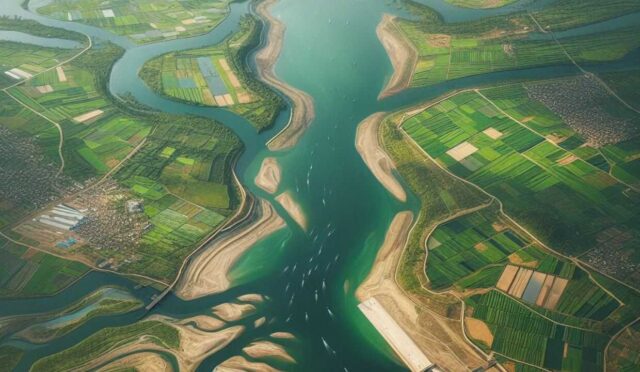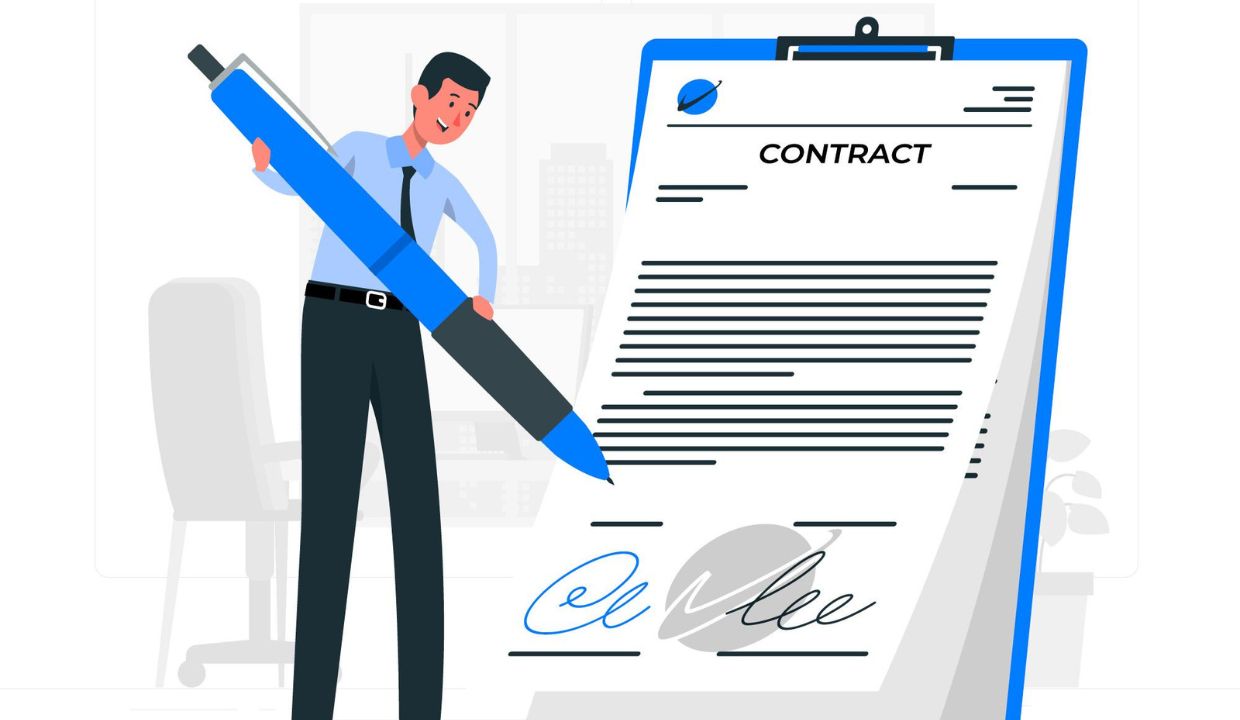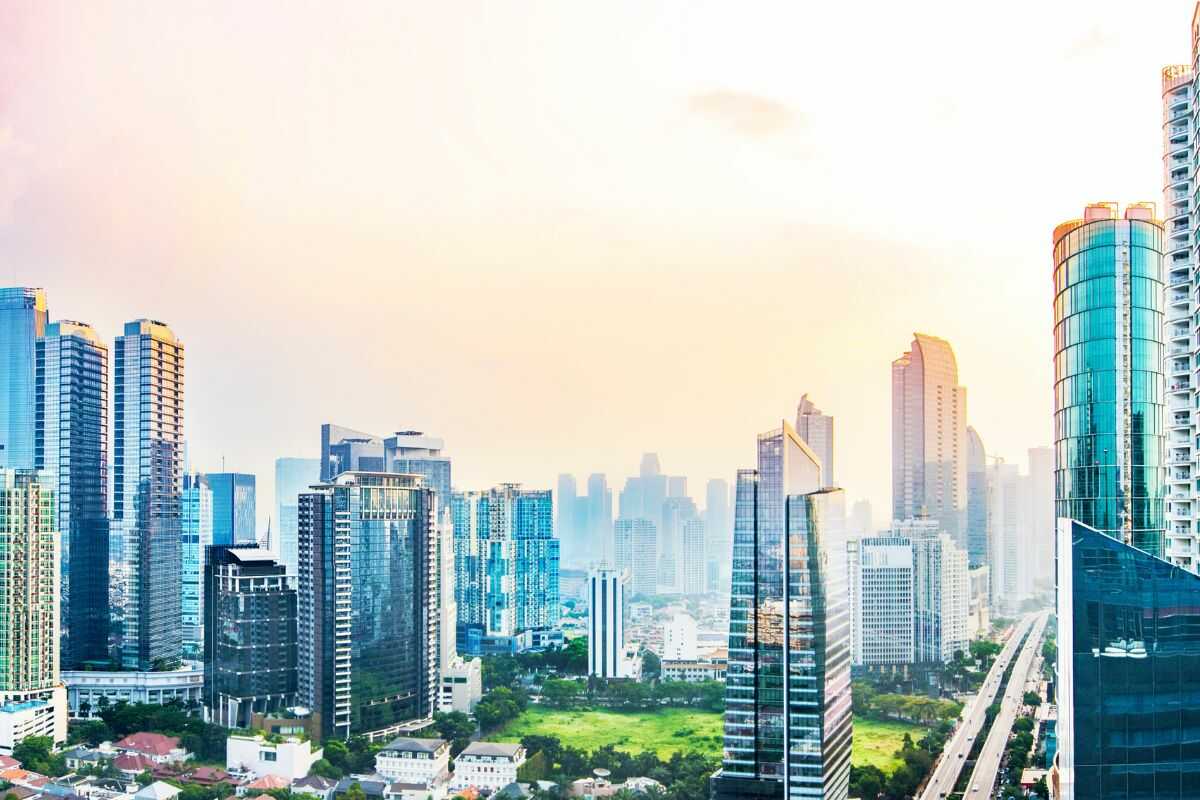Water Resources Law with 10 Strict Prohibitions Noted by Water Resources Lawyers in Vietnam


Water_Resources_Lawyers_in_Vietnam
In the evolving landscape of Vietnam’s environmental legal framework, the newly amended Water Resources Law, effective from July 1, 2024, brings to the fore critical changes that will significantly impact how water resources are managed and protected. With the introduction of ten strict prohibitions aimed at safeguarding water security and optimizing resource management, the complexity of compliance has heightened for businesses and individuals alike.


Navigating these stringent new regulations requires the expertise of specialized water resources lawyers in Vietnam, who are indispensable in guiding stakeholders through the maze of legal obligations and ensuring adherence to these comprehensive reforms. Their role becomes particularly pivotal in advising on the prohibited acts that encompass a range of activities from waste disposal to unauthorized water exploitation, marking a decisive shift towards more sustainable water usage and management practices in Vietnam.
New Points in Water Resources Law
Additional Regulations to Ensure Water Security
The amended law introduces additional regulations to ensure the security of the national water supply, including the development of strategies, plans, programs, projects, and preventive and responsive measures to scenarios that threaten national water security.
Regarding Declaration, Registration, and Licensing of Water Resources
The amended law specifies in detail the procedures for declaration, registration, and licensing for the exploration, exploitation, and use of water resources. It also provides transitional regulations for completing the registration and licensing for the exploitation of water resources for irrigation works by June 30, 2027, as stipulated in the draft law.
Separation of Water Resource Management from Operation Management
The Water Resources Law (amended) is developed to clearly distinguish the unified comprehensive management of water resources from the management and operation of water exploitation and usage facilities (irrigation works, hydropower, urban and rural water supply, industrial service water supply, waterway transport, etc.); at the same time, it addresses overlaps, intermingling, conflicts, and loopholes in various laws.
Additional regulations aim to ensure national water security, minimize dependence on water sources from abroad and the impact of climate change; focus on prevention, control, and restoration of degraded, depleted, and polluted water sources; specifically regulate the protection of important water sources for living needs; regulations on the economical and efficient use of water to avoid waste and protect water sources during exploitation and use activities.
The new law also adds regulations to promote socialization, suggesting that businesses should take over the activities they can do, reducing state investment resources towards state management, business implementation, and gradually shifting towards the state only issuing policies and post-event control.
Additional regulations on resources for the protection and development of water resources, detailing the resources to carry out activities to protect and develop water resources; clarify socialized activities, socialization policies in the protection and development of water resources. With the viewpoint that economic development is linked with “reinvestment” in the work of protecting and developing water resources, landscape renovation, and conservation of the value of ecosystems related to water.
Gradual Transition from Administrative to Economic Management
The shift from management using administrative tools to economic tools through regulations on fees, service charges, and money for water resource exploitation rights, enhancing the awareness of resource protection, and economical water use by water users.
The draft law adds regulations on the subjects and contents of rainwater harvesting and the use of rainwater in areas frequently suffering from drought and water shortage and areas frequently flooded; regulations on mechanisms and policies in rainwater storage.
Additions and updates to regulations aim at comprehensive control of activities that affect or may affect water sources, to stabilize riverbeds, shores, water reservoir pollution, environmental protection, landscape, riverbank ecosystems, etc.
Supplementary regulations on functional zoning of water sources; specify content for monitoring, monitoring responsibilities, and data connectivity of organizations and individuals exploiting, using water in an automatic continuous or periodic manner to ensure monitoring of water exploitation, use of construction… aiming to strictly control activities that risk causing pollution, degradation, depletion of water sources to protect the quantity, quality of water sources and protect rivers.
Determine Areas, Sub-basins, Water Sources that Must Have Detailed Water Use Plans
Additionally, the Law also adds content on determining areas, sub-basins, water sources that must have detailed water use plans within the comprehensive planning of inter-provincial river basins, inter-provincial water sources. To effectively address specific issues of each river basin occurring in the sub-basin such as drought, pollution, degradation, flooding,… to enhance the assurance of water security on the basin.
Regulations on the Responsibilities of the Ministry of Natural Resources & Environment, other ministries, local sectors, organizations, and individuals in implementing scenarios for response, regulation, and allocation of water resources in cases of drought, water shortage, and implementing regulation, distribution of water sources in cases of severe drought, water scarcity.
The new Water Resources Law has specified 10 acts that are strictly prohibited
- Dumping waste, trash, or leaking harmful substances, discharging toxic gases into water sources;
- Discharging wastewater into underground water sources;
- Discharging untreated wastewater that does not meet environmental technical standards into surface water or seawater;
- Discharging wastewater, introducing waste into the sanitary protection zones of domestic water collection areas;
- Illegally exploring, exploiting, using water resources, or drilling water underground without permission;
- Encroaching upon, filling in rivers, streams, canals, ditches, except where otherwise provided for by law; placing obstacles, barriers, constructing buildings, planting trees that obstruct flood drainage, water flow in rivers, streams, reservoirs, canals, ditches without remedial measures;
- Illegally exploiting sand, gravel, mud, soil, and other minerals on rivers, streams, canals, ditches, lakes, within water source protection corridors; drilling, excavating, constructing houses, structures, architectural objects, and other activities within water source protection corridors that cause erosion, landslides on riverbanks, streams, canals, ditches, lakes;
- Destroying structures that protect, regulate, store water, exploit, use, monitor, supervise water resources, and structures that prevent and mitigate damages caused by water;
- Providing false information, data about water resources; not complying with the operation procedures for reservoirs, interconnected reservoirs issued by the competent authorities;
- Constructing dams, reservoirs, structures for water regulation, storage, water source development against the water resources planning, provincial planning, and other related plannings.
How Water Resources Lawyers in Vietnam Could Help?
Water resources lawyers in Vietnam play a critical role in ensuring compliance with the country’s complex water resource regulations. They could offer the following services to help businesses, organizations, and individuals align with the new provisions of the Amended Water Resources Law:
- Legal Advisory: Water resources lawyers in Vietnam provide expert advice on understanding the implications of the new regulations. They can offer tailored guidance to ensure that water usage and management practices adhere to the new legal framework.
- Compliance Strategy Development: Water resources lawyers in Vietnam can help develop comprehensive strategies to comply with the new regulations related to water security, water resource declaration, registration, and licensing.
- Licensing and Registration: With detailed procedures now in place for the exploration, exploitation, and use of water resources, water resources lawyers in Vietnam can assist in the necessary declaration, registration, and licensing processes, ensuring all deadlines are met, especially the transitional regulation deadline of June 30, 2027.
- Operational Segregation: Given the new distinction between the management of water resources and the operation of water exploitation and use facilities, water resources lawyers in Vietnam can help entities navigate this separation, restructuring operations as necessary to ensure legal compliance.
- Policy Interpretation: Water resources lawyers in Vietnam interpret the shift towards privatization and economic management tools, such as fees and charges, guiding businesses on how to adjust their operations in line with state policies and economic controls.
- Rainwater Harvesting and Use: They can advise on the legal aspects of rainwater harvesting and storage, particularly in areas prone to drought and flooding, to ensure that practices meet new regulatory standards.
- Resource Allocation Guidance: Water resources lawyers in Vietnam can guide organizations on how to access and utilize designated financial resources for the protection and development of water resources effectively.
- Monitoring and Data Connectivity: As the law introduces new monitoring requirements, water resources lawyers in Vietnam can assist in setting up systems for the continuous or periodic monitoring of water resources, ensuring compliance with reporting and data sharing obligations.
- Legal Representation: In the event of disputes or litigation concerning water resource management, water resources lawyers in Vietnam represent clients’ interests before regulatory bodies and in court.
- Education and Training: They provide education and training to organizations on the ten specific prohibited acts under the new law, helping to prevent inadvertent violations.
- Environmental Compliance: Water resources lawyers in Vietnam can ensure that organizations’ activities do not negatively impact water sources, aligning operational practices with environmental protection and sustainability goals.
- Dispute Resolution: They offer dispute resolution services for conflicts arising from water resource management, whether through negotiation, mediation, or litigation.
By leveraging the expertise of water resources lawyers in Vietnam, entities in Vietnam can not only comply with the new regulations but also enhance their operational sustainability and contribute to the national goal of securing water resources for future generations.
About ANT Lawyers, a Law Firm in Vietnam
We help clients overcome cultural barriers and achieve their strategic and financial outcomes, while ensuring the best interest rate protection, risk mitigation and regulatory compliance. ANT lawyers has lawyers in Ho Chi Minh city, Hanoi, and Danang, and will help customers in doing business in Vietnam.
How ANT Lawyers Could Help Your Business in Vietnam?
The changes of laws will be monitored by ANT Lawyers. For advice or service request, please contact us via email ant@antlawyers.vn, or call +84 28 730 86 529
Recent Posts
7 Essential Truths to Open an Indirect Investment Account in Vietnam and Grow with Confidence
Do you want to invest overseas into Vietnam? Do you want to open an indirect…
5 Crucial Facts About ESG Laws in Vietnam That Could Save Your Business and Reputation
The Business World Is Changing Fast Rules are shifting. Expectations are rising. Eyes are watching. …
7 Powerful Reasons Why ESG Compliance in Vietnam Will Win You Trust, Growth, and Global Clients
Trust matters. Today, more than ever. Across industries, many companies are now being asked. directly…
7 Bold Reasons Why Tokenization in Vietnam Could Transform Your Future
Change is coming. Quietly. Digitally. Rapidly. Let’s imagine the situation, which assets are no longer…
Vietnam P2P Lending: 5 Bold Reasons Why Decree 94/2025 Could Empower Millions or Backfire?
A New Financial Chapter Begins in Vietnam One person lends. Another borrows. It’s that simple.…
5 Essential Lessons from Risk Management in Digital Assets in Vietnam: Protecting Trust in a Digital World
Trust Is the Real Currency Money can be lost. Tokens can vanish. Platforms can crash.…





